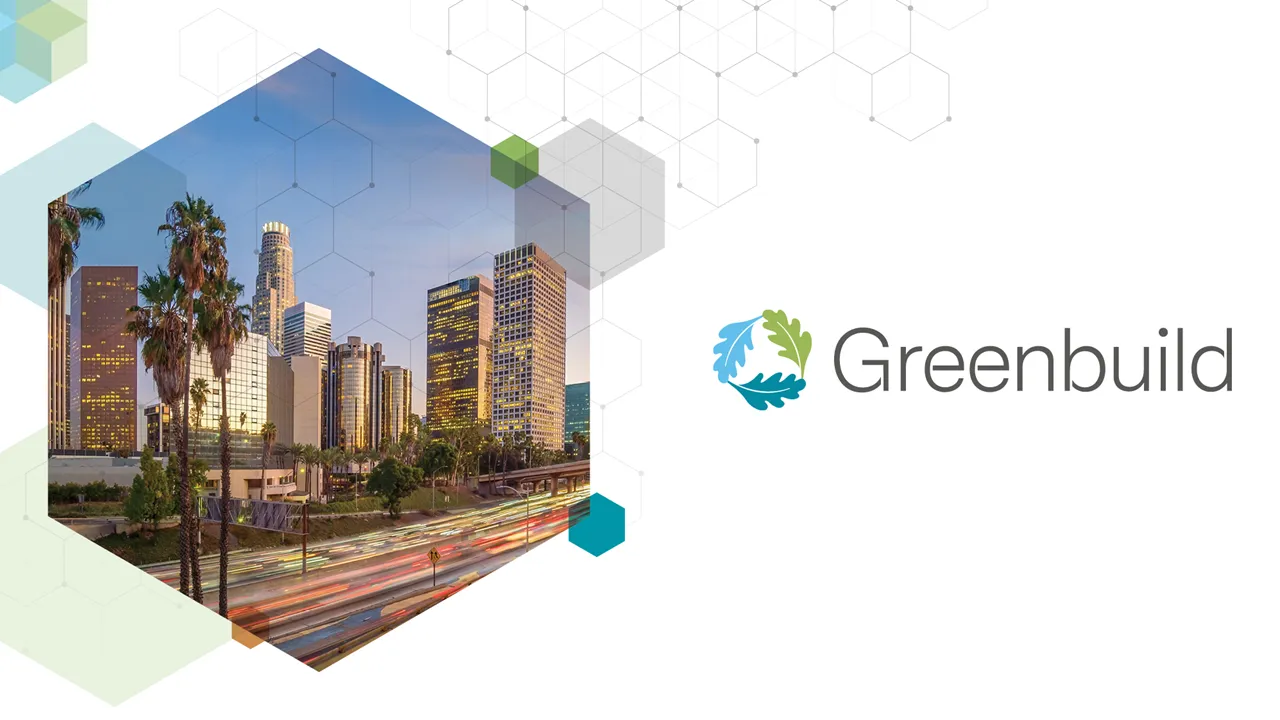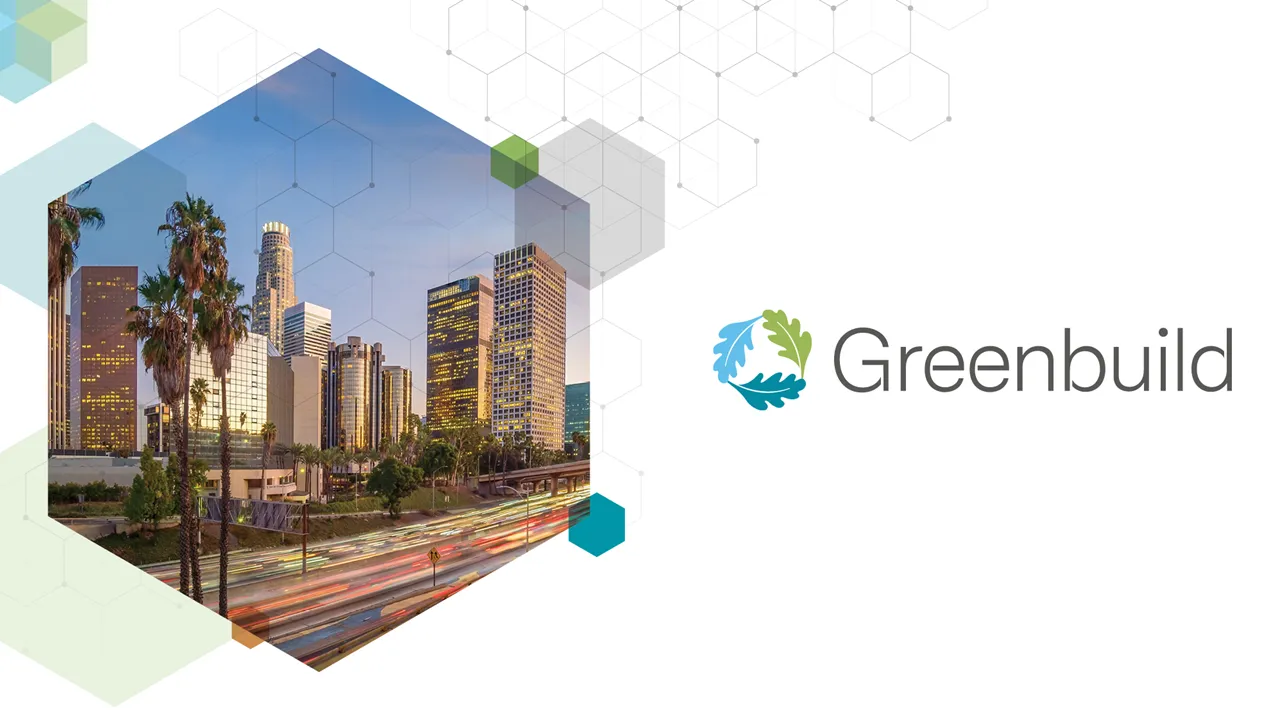

Resilience in Design: Integrating Future Climate Data into Practice
Wednesday, November 5, 2025 11:45 AM to 12:45 PM · 1 hr. (US/Pacific)
Resilience
Information
Many design assumptions around climate and resilience rely on historic weather data, yet buildings are built to last 60 to 100 years and must withstand future conditions that differ from past norms. This session will explore how integrating different climate scenarios into design can create more resilient buildings. Through short presentations and a moderated panel discussion with Q&A, attendees will first gain exposure to future Typical Meteorological Year (fTMY) weather files and county-specific climate data for 1980-2100, developed for climate change scenarios defined by the Intergovernmental Panel on Climate Change (IPCC). Understanding these datasets is critical for assessing future risks, including temperature changes, shifting precipitation patterns, and long-term energy demands. The session will introduce additional tools for applying future climate data in practice, from reading weather files to using online platforms that assess other climate risks and impacts. An architect with Lake|Flato will discuss how these tools shape design strategies, inform material and system choices, and provide a framework for communicating resilience to clients. The session will also explore how these solutions support the LEED v4.1 BD+C Pilot Credit “Assessment and Planning for Resilience,” with applicability to LEED v4 BD+C: New Construction; LEED v4 BD+C: Homes; and LEED v4.1 BD+C: New Construction. In addition, it will explore the new LEED v5 BD+C: New Construction IPp1 “Climate Resilience Assessment” requirement. An engineer with REG will highlight the importance of mechanical systems in adapting to climate change and explain how integrating fTMY data into energy modeling can improve long-term building performance. A computer scientist from Oak Ridge National Laboratory will provide insight into the research behind downscaling planetary climate projections to local weather conditions and their application by companies into real-world decision-making. This session brings together multiple perspectives from an architect, an engineer, and a computer scientist to provide practical methods for incorporating future climate data into the design process, ensuring buildings are prepared for long-term adaptability, reduce operational costs, and improve resilience.
Pass Type
Conference PassVolunteer PassStudent Pass
Location
402AB
Program
Greenbuild
Track
Data Driven Innovation
Learning Level
Advanced
Learning Objective 1
Interpret future climate projections, including fTMY weather files and IPCC climate scenarios, to assess long-term climate costs and risks for a specific project site.
Learning Objective 2
Identify tools and resources for integrating future climate data into design, energy modeling, and resilience planning.
Learning Objective 3
Communicate climate risks and resilience strategies to clients with confidence, using data-driven insights to support decision-making.
Learning Objective 4
Recommend architectural and mechanical system strategies informed by future climate projections to enhance long-term adaptability and resilience.
Continuing Education Credit Offered
AIA LU|HSWGBCI
Rating System
LEED v4 HOMESLEED v4.1 BD+C




